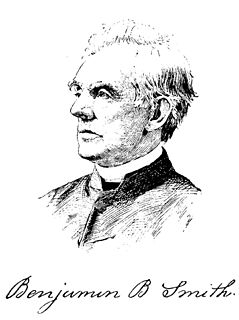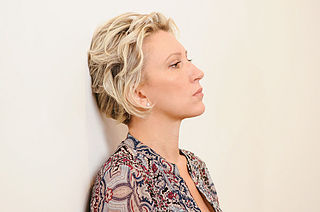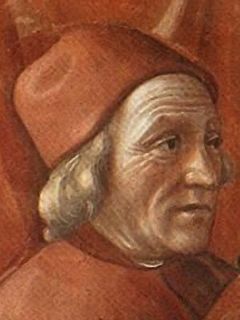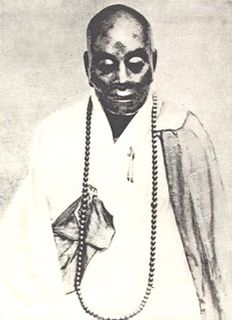A Quote by Michel de Montaigne
If my intentions were not to be read in my eyes and voice, I should not have survived so long without quarrels and without harm, seeing the indiscreet freedom with which I say, right or wrong, whatever comes into my head.
Related Quotes
Some people act as if it were demeaning to their manhood to wish to be well-read but you can no more be a healthy person mentally without reading substantial books than you can be a vigorous person physically without eating solid food. Books should be chosen, not for their freedom from evil, but for their possession of good. Dr. Johnson said: "Whilst you stand deliberating which book your son shall read first, another boy has read both."
The Second Rule is that the greatest harm can result from the best intentions. It sounds a paradox, but kindness and good intentions can be an insidious path to destruction. Sometimes doing what seems right is wrong, and can cause harm. The only counter to it is knowledge, wisdom, forethought, and understanding the First Rule. Even then, that is not always enough.
The freedom of speech and the freedom of the press have not been granted to the people in order that they may say things which please, and which are based upon accepted thought, but the right to say the things which displease, the right to say the things which convey the new and yet unexpected thoughts, the right to say things, even though they do a wrong.
He was a foe without hate; a friend without treachery; a soldier without cruelty; a victor without oppression, and a victim without murmuring. He was a public officer without vices; a private citizen without wrong; a neighbor without reproach; a Christian without hypocrisy, and a man without guile. He was a Caesar, without his ambition; Frederick, without his tyranny; Napoleon, without his selfishness, and Washington, without his reward.
He was Caesar and Pope in one; but he was Pope without Pope's pretensions, Caesar without the legions of Caesar: without a standing army, without a bodyguard, without a palace, without a fixed revenue; if ever any man had the right to say that he ruled by the right divine, it was Mohammed, for he had all the power without its instruments and without its supports.
And loneliness. I should say something of loneliness. The panic, the sweeping hysteria that comes not when you are without others, but when you are without yourself, adrift. I should describe the filthy province of mind, the blighted district inside, the place so crowded you cannot raise the eyelids of your eyes. Your shoulders are drawn and your head has fallen and your chest is bruised by the constant assault of your heart.










































